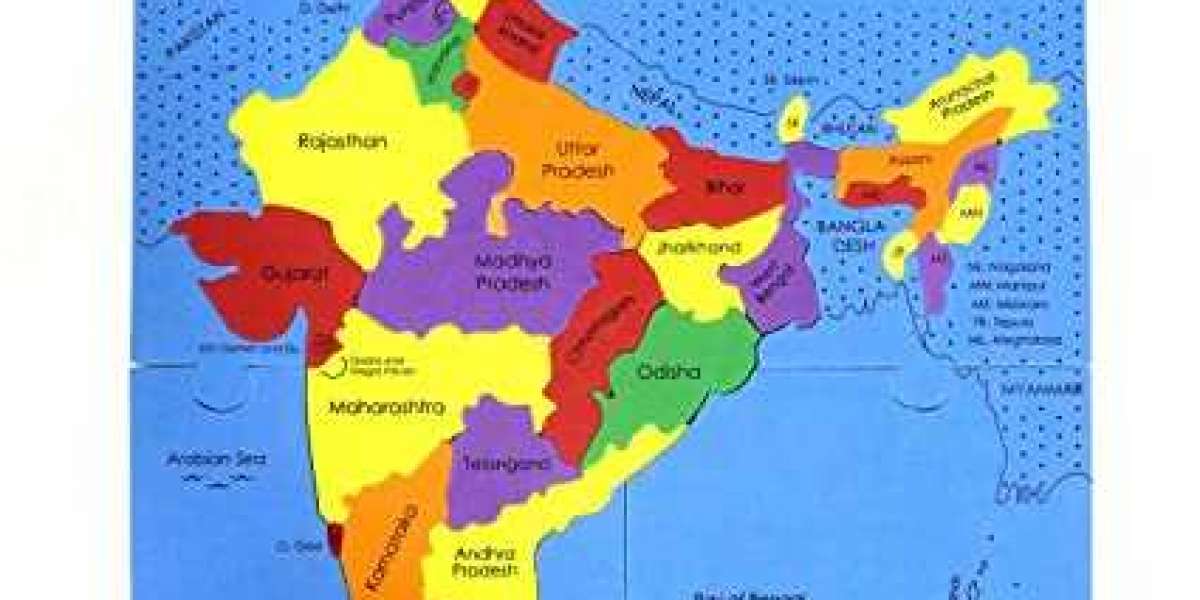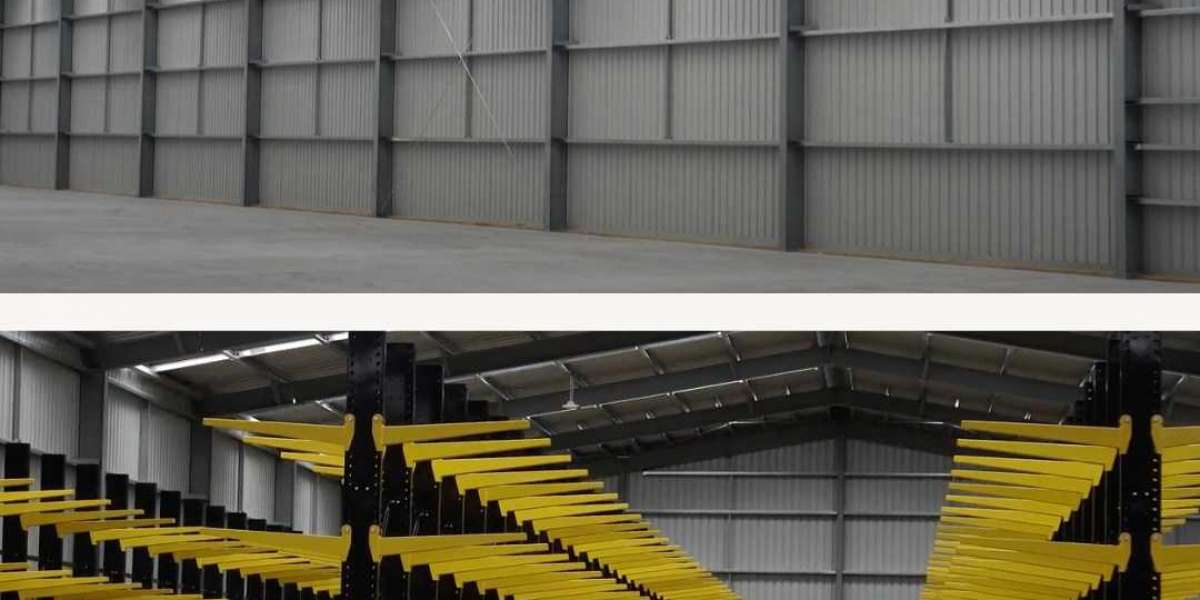Indians are often positively stereotyped as very smart, but how true is that statement when it comes to our practicality? The truth is that we often fail at the very purpose of education. Children now are taught by their parents that they need to study well to get a good job, so that they can earn well; this however contradicts the true essence of education, which is simply to gain knowledge for the sake of knowledge. Nevertheless, no one seems to realise the repercussions this change in the base meaning brings about, even those highly educated personnels sitting at the National Board of Education.
The entire Republic of India follows a syllabus centrally and stately. The question in such a system is, are these syllabuses and textbooks being revised annually? Is new knowledge brought into effect or are we still stuck at what was taught a decade ago? The education system has become a stagnant pool of water that only gets cleaned at the whims of the ones who own it. Even today, while the country is in conflict over who ate what, no one seems to understand that there are people who don't get to eat at all, or even if they dothey don't get its seriousness.
India had achieved her freedom in 1947, and ever since then the textbooks have always stated India as a developing nation, which is extremely ironic, seeing that we are stereotyped as one of the smartest race to live. The question then remains, how come we are termed smart, if one says that our education system is messed up? The answer is simple, the failure or success of education is not based on the few people who has made it in life, but rather, by the number of changes that we have brought about in our daily life, our socio-economic situation, by how developed the nation has become year after year due to the efforts of the graduated students.
India is the second populous, megadiverse country with 37.4 million students and 1.5 million schools. These schools can range from a shabby shack to air conditioned classrooms. There is no thorough and systematic inspections for schools across the country, and this causes an imbalance in the quality of education one receives. Moreover, schools in rural areas can be quite far for students to traverse, and some routes may even be dangerous and time consuming. Families below poverty line do believe that an extra hand to beg, would be time spent wisely instead. Still, families do send their children to school, for the Indian public schools has a free meal option. For those families, education is akin to food. So while students from well to do families and families who can afford food on the table, enjoy their sudden holiday due to the sudden clash between two opposing factors, there are students who suffer from lack of food, for weeks maybe even. When posts regarding such comes on their phones the parents would extend their hands and show it to their kids, asking them whether they will enjoy their holiiday anymore, and they themselves do nothing about it. It is at times like these that I envy the citizens of other countries - people who are ready to help others even at the slightest misfortune, at the slightest inconvenience. For Indians it would seem that the flames of brotherhood and sisterhood are only lit when everyone has to suffer together, and not in other times, where only a portion of the community suffers.
While we teach our children that India is a developing nation, students from well off families would definitely try to complete their education from countries abroad for a much concrete future. No one can blame them. India has trade negotiations with countries across the world, but we are yet to put into effect the good policies that other countries implement. I cannot fathom why we do not when we can. With 37.4 million students, you would expect that Indian students would have a wide range of career options. The sad truth is that many students deign to chose any other career than science related. This is because of the negative mindset of the parents who believe that if you have not acheved enough graddes for a science stream, their wards would have no future. The society does tend to believe that a commerce or humanities students were forced into those streams because they were dumb.
The students are under constant pressure to go above and beyond in their studies. In case they do worse than their peers, there is no one to guide them through the mental back-lash they face. In such cases, students are disposed to believe that they are failures and they naturally become depressed, and in severe cases suicides. For a naion with "smart" people, one would assume that by now Indians would have figured how important one's mental well-being is. The grim reality is that parents often scoff at their children showcasing symptoms of depression, thinking that they are just a show, and the school authorities just don't give a damn. Schools might have a counselor, but they are mostly just show pieces on the payroll, rather than an actual counselor. If an Indian parent is asked to what they want their child to become, the most common answers are doctors or engineers.
In India, where children are brought up on the basis of filial piety and respect towards elderly, children often chose the career that their parents want them to. Hence, in India we have an influx of engineers without any jobs, and more students trying to become engineers even when there is no job opportunity there. So what do those students with no jobs do? They try to become teachers in schools when they haven't had the qualifications for a teaching job. Thereby, affecting those with the qualifications to become teachers. The so-called Domino effect. And what do those who have studied medicine do? They open their own clinics or go abroad where there is a better healthcare system in place, and marry each other (most probably).
After 2+12 years of hardship is that students still need to take a competitive exam if they want to study medicine or engineering. For students who do not need to take these medicine and engineering exams, they would have to take one for their specializations, i.e., their masters. The one question that I cannot answer, no matter how hard I think about it, is the necessity of so many competitive exams!? One would assume that the marks gained during the final exams of your schooling would be enough to study further, but that is not the case in India. No, in India, everything is so complicated (unnecessarily, if I may add). This is one of the major reasons of why Indian students prefer studying abroad. They are selected based on their years of hardwork rather than a days worth of blood, sweat and tears. What if a student cannot attend their exam, you may ask? Well sorry, your eligibility is determined on the basis of this one exam, and all those years you spent mugging up, burning the midnight oil? utterly useless! Better luck next year. And comes next year, who knows what has happened to you - for better or worse, you might already be dead!
With 37.4 million students, there is only a measly 38,498 colleges in India and 870 universities, out of which 478 are medical colleges and 64 standalone PG institutes recognized by the Medical Council of India. There are 10396 engineering colleges out of which only a mere 396 providing quality education. That brings about 27496 colleges that provide studies on other fields of education. Lets put some numbers here, out of 1,380,004,385 only 37.4 million attend school and only 2,96,29,022 students attend college. Out of the 2,96,29,022, 1.6 crores are boys and 1.3 crores are girls. 11.9 percent of these students study through distance education. When it comes to post graduated education, India has only 23,000 seats. This staggering decline in the number of students is due to:
- The unnecessary competitive exams.
- Lack of schools, colleges and universities across the nation.
- The century old sexism against females.
- Scarcity of diverse courses of studies.
- Admission into colleges/universites on an annual basis.
- The ignorance of prospects brought about by distance learning.
- Lack of Part-time option for courses.
Point number 3 and 6 may be difficult to combat for the Indian Council of Education, but atleast the rest can be overcome by bringing new policies in town. One of my favorite approach by the universities from well-developed nations is their2-semester intake approach. Under this programme, students can join teo times in a year, either during spring or autumn. This enables more students to attend the same course, thereby increasing their literacy rate and further enhancing their country. Distance learning is another great feature that would allow the student to study on their own terms, and is more pocket friendly. Having to attend classes part-time is another great choice for students who may not have the necessary fees to complete the course and has to work to keep them afloat. Colleges in India tend to offer courses that are popular by demand, and hence many colleges would have Commerce related courses and less of science and humanities related courses. Even in this classification, certain subjects stand out more than the others, and hence students are forced to study subjects that they are not interested in.
I won't say much anymore. So yeah, that is all that I could rant about the Incredible Indian Education system. Thanks for reading. Till next time. Peace Out!







